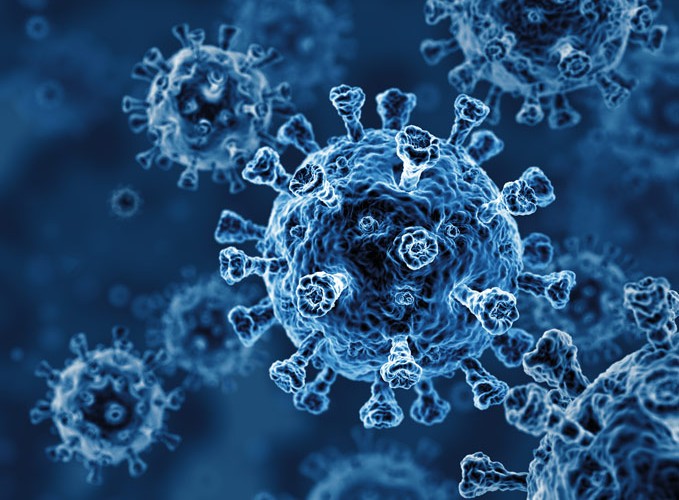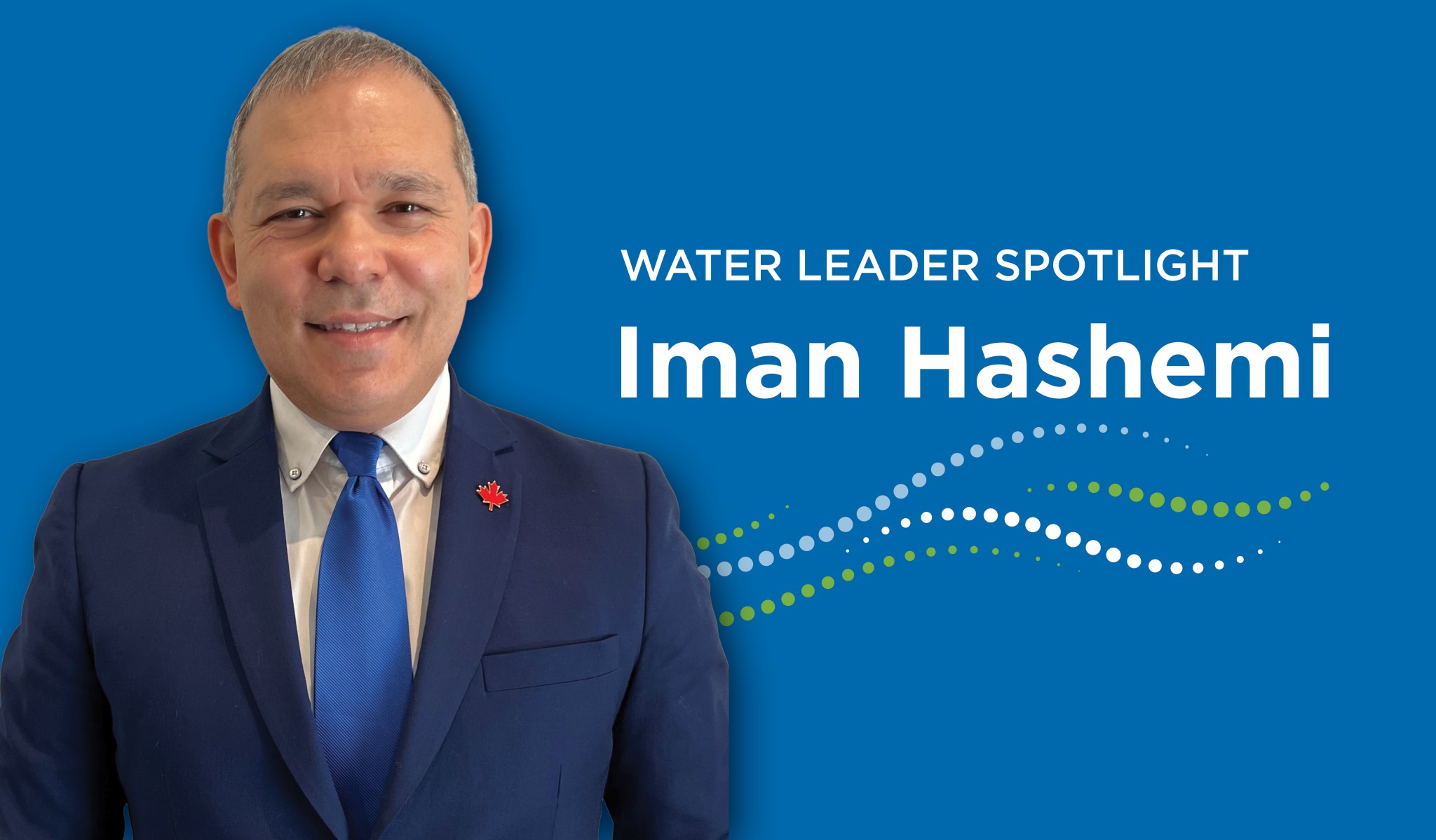Unveiling the hidden clues: Navigating wastewater-based surveillance in Canada
September 5, 2023
CWN’s quarterly newsletter with the latest news, insights, and thought leadership.

Over the past six months, an exciting and dynamic partnership has been flourishing between Canadian Water Network (CWN) and the National Collaborating Centre for Infectious Diseases (NCCID). This partnership has resulted in the development of the Wastewater-based Surveillance (WBS) program, an initiative that has been orchestrating captivating discussions aimed at helping our public health practitioners decipher the secrets concealed within our wastewater.
The program brings together 25 local public health trailblazers from 14 different health units/authorities across the provinces of British Columbia, Alberta, Manitoba, Ontario and Quebec. Their mission? Decode the cryptic language of wastewater surveillance data and develop strategies to communicate their findings to decision-makers and the general public.
The stakeholders come together through what’s called a Strategic Sharing Group (SSG). The SSG fosters peer-to-peer learning and knowledge sharing by facilitating conversations between members and bringing on content experts. Ultimately, the SSG aims to inform the development of new resources to support public health providers in interpreting and communicating wastewater data with decision-makers and the general population.
At the same time, the SSG recognizes that rural, remote and isolated Indigenous communities experience unique situations related to WBS. For this reason, there is space for public health providers serving those communities to explore the unique opportunities and challenges related to ethics associated with wastewater surveillance. This is in addition to ensuring that wastewater data is interpreted appropriately and communicated effectively. The SSG will inform the development of new resources to support public health providers in interpreting and communicating wastewater data with decision-makers and the general population.
CWN and NCCID have hosted three meetings over the last six months with members of the SSG. The two organizations also hosted a two-day summit in May to kick off the WBS program. Some of the common themes that came forward during the meeting and summit include:
- Connection: The success of WBS as an effective public health tool isn’t just about numbers on a screen. It relies on connections and collaborations between a wide variety of stakeholders and atypical partners.
- Comparability: During the COVID-19 pandemic, cross-sector partnerships sprang up across Canada to track community infection levels and variants using wastewater-based surveillance. The downside to this was that a patchwork of methodologies was created across the country. Further examination is needed to ensure comparability and consistency in data collection, analysis and reporting across different regions and settings.
- Communication: A significant challenge lies in translating intricate data into a language that resonates with decision-makers and the public alike. It’s a tale of weaving numbers into narratives that inform and stir collective action.
Drilling down further revealed learning gaps around the following topics:
- Finding a signal in the noise: Public health practitioners grapple with learning effective strategies to sift meaningful trends from WBS data from the noise of information.
- Using WBS data in conjunction with other types of surveillance: WBS has significant potential as an important tool in the public health surveillance toolbox going forward.
- Trends to action: To be an effective public health tool, WBS data needs to be transformed into actionable insights.
- Sampling issues in rural, remote, isolated communities: Areas with limited access to resources and infrastructure face many unique challenges to wastewater sampling requiring innovative solutions.
- Ethical considerations for equity-seeking populations: Moving forward with WBS involves examining strategies for building respectful relationships with communities. It also involves addressing issues of privacy and data granularity, data sharing, and ownership.
Looking ahead, these themes and topics form the foundation for the SSG meetings that will be taking place in the Fall. These meetings will cover topics at the intersection of science, collaboration and ethics. During these meetings, CWN and NCCID will continue to connect SSG members with content experts and nurture peer-to-peer knowledge-sharing opportunities.
These discussions will also feed into the Blue Cities conference that’s taking place from October 24-25, 2023 in Toronto. The conference covers several topics related to public health protection, including integrating wastewater-based data into existing public health surveillance systems, advances in water monitoring for public health, and water-related health risks associated with wildfires. More information about the conference is available here.












